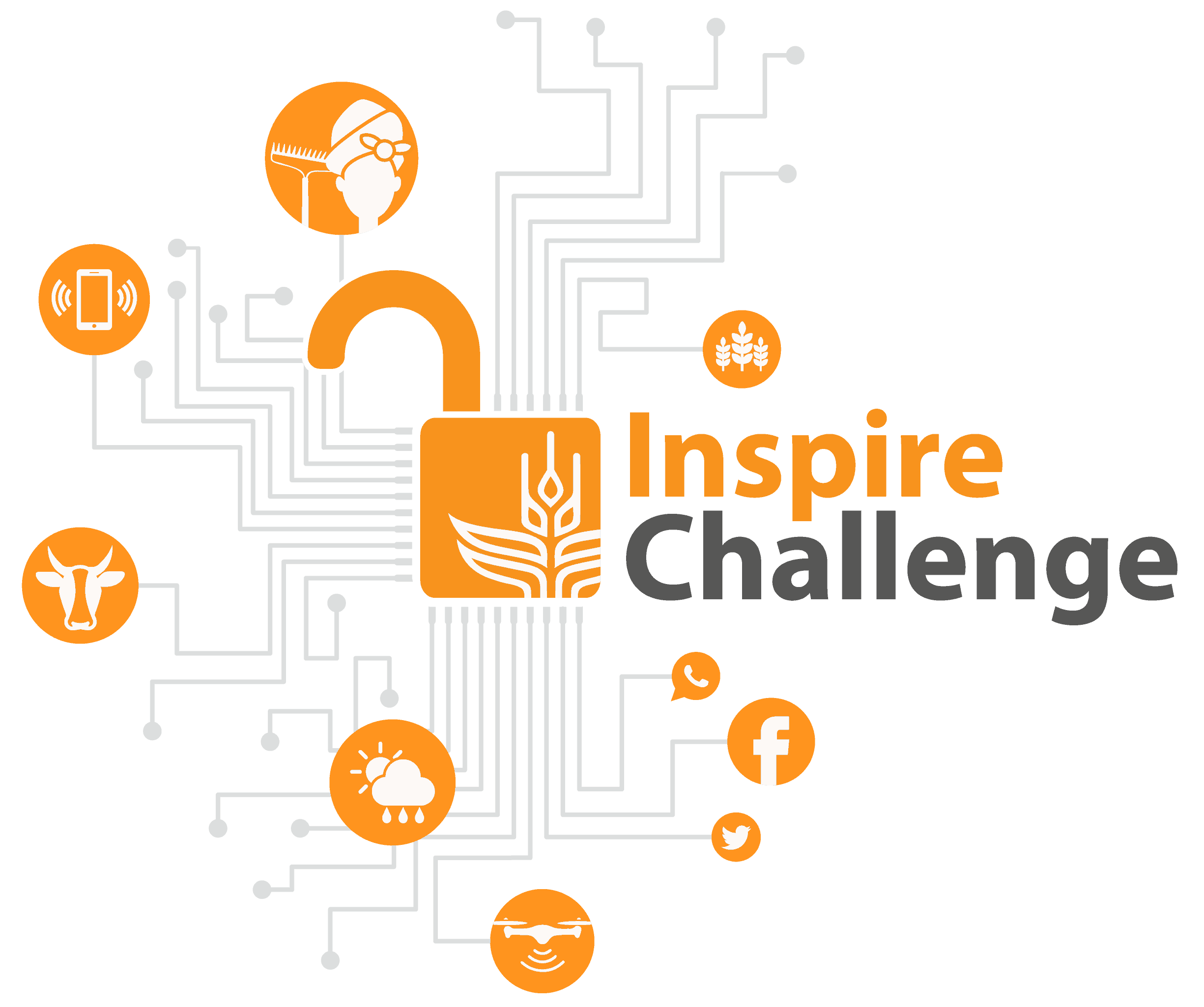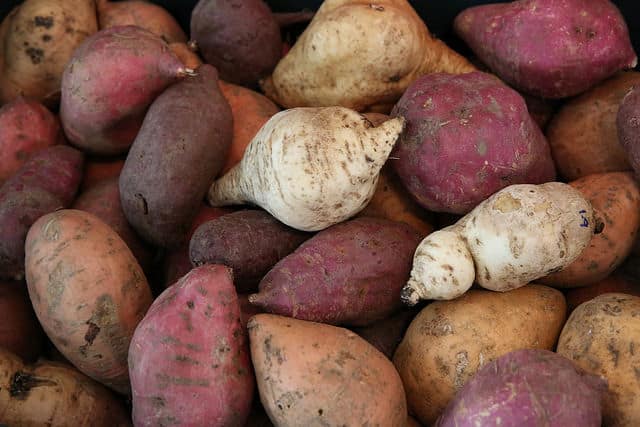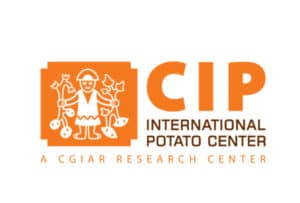
Inspire Challenge 2017 Proposal
Solanify: Crowd Sourcing of Potato Diversity Monitoring
Imagine you felt that you were somehow wealthy but had no idea about the exact numbers of your economic situation. It would be very hard to take the right decisions on how to manage, monitor and invest your savings.
The situation of traditional potato varieties in the Andes is like the described dilemma. It is clear Andean farmers cultivate an impressive treasure but the exact number of different traditional varieties and systematic information on the level of abundance, rarity or endangerment are missing.
The lack of reliable numbers is one of the major challenges to native potato conservation schemes, particularly for on-farm conservation done by farmers who are cultivating and preserving crop varieties.
Improving knowledge of native potato diversity, its spatial distribution, and changes over time is fundamental to improving potato conservation by identifying vulnerable varieties not stored in genebanks or by providing data useful for farmers to engage in on-farm conservation programs and benefit sharing schemes.
Improving such knowledge will also help track desirable traits for potato breeding, and monitor effects of climate change in the Andes.
Yet to identify, monitor and conserve traditional potato diversity is a daunting task very often relying on folk taxonomy and vernacular names which differ from the scientific taxonomy.
It is not surprising that the full dimension of native potato diversity in the Peruvian highlands is difficult to determine. So far, systematic measurements such as taxonomic baselines or catalogs are limited to certain regions or areas.
Therefore, a new crowd-sourced based approach to collect precise and real-time potato diversity data over a wide geographical range will help address the taxonomic, temporal and spatial scale problems of data collection.
An idea to solve this
CIP in collaboration with the Universidad Nacional de la Agraria (Lima, Peru) will monitor potato diversity and distribution in the Andes by developing an open source application, Solanify, as a tool to help identify traditional potato varieties from photos using a visual recognition software.
We will bring together scientists, potato farmers and students in a hackathon (‘Papathon’) to develop a prototype of the app.
This hackathon will be an open event in which interdisciplinary groups, such as researchers, professors and students of different universities, as well as companies, institutions of the public and private sector they will participate.
Legal requirements including intellectual property rights and open source coding of the expected application will be agreed upon.
Farmers and users in general may use Solanify to identify varieties of interest, share photos and add additional information.
By sharing information on variety identity and location, farmers will receive access to georeferenced maps of reported varieties and other functionalities of the app (e.g. observations on pest and disease occurrence, weather calamities, and recommendations).
The application will evolve through the active participation of potato growers and their image and observational contributions.
The predicted impact
The fusion of crowd-sourced data collection and big data (climate data, morphological information, experimental data and modeling) is a powerful and innovative approach to improve our present knowledge on native potato diversity, its distribution, richness, and changes over time.
Based on such data it will be possible to identify gaps in national and international genebank collection, monitor potato diversity changes over time, implement and improve on-farm conservation approaches, and provide data for breeders in search of new traits. Farmers will benefit from this innovation by exchanging information and gaining access to big data.
Data shared by users will be directly available through the app and additionally on the project’s homepage. If the pilot is successful we would like to use the captured data to analyze the impact of climate change on native potato diversity, richness, and spatial distribution.
By linking agronomic (e.g. pest & disease resistance and climate resilience) and nutritional information to varieties users can retrieve data on the variety they have identified or search for varieties with desired traits.
Once fully functional the app will also serve as a prototype for upscaling to identify other crop varieties.

Support this Proposal
The Platform for Big Data in Agriculture is all about the creating connections to build the capacity’s need to inspire real change in the agriculture sector.
The aim of the Inspire Challenge is to generate innovative ideas that will revolutionize the future of agriculture using big data tools. You can be a part of the revolution by supporting these initiatives and help secure food for the future.
Contact one of the team members below to ask how you can help realize this idea.





